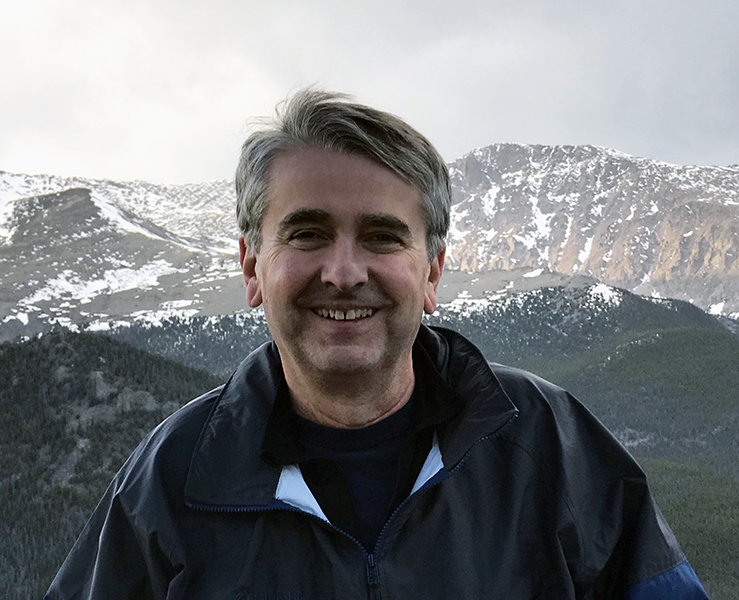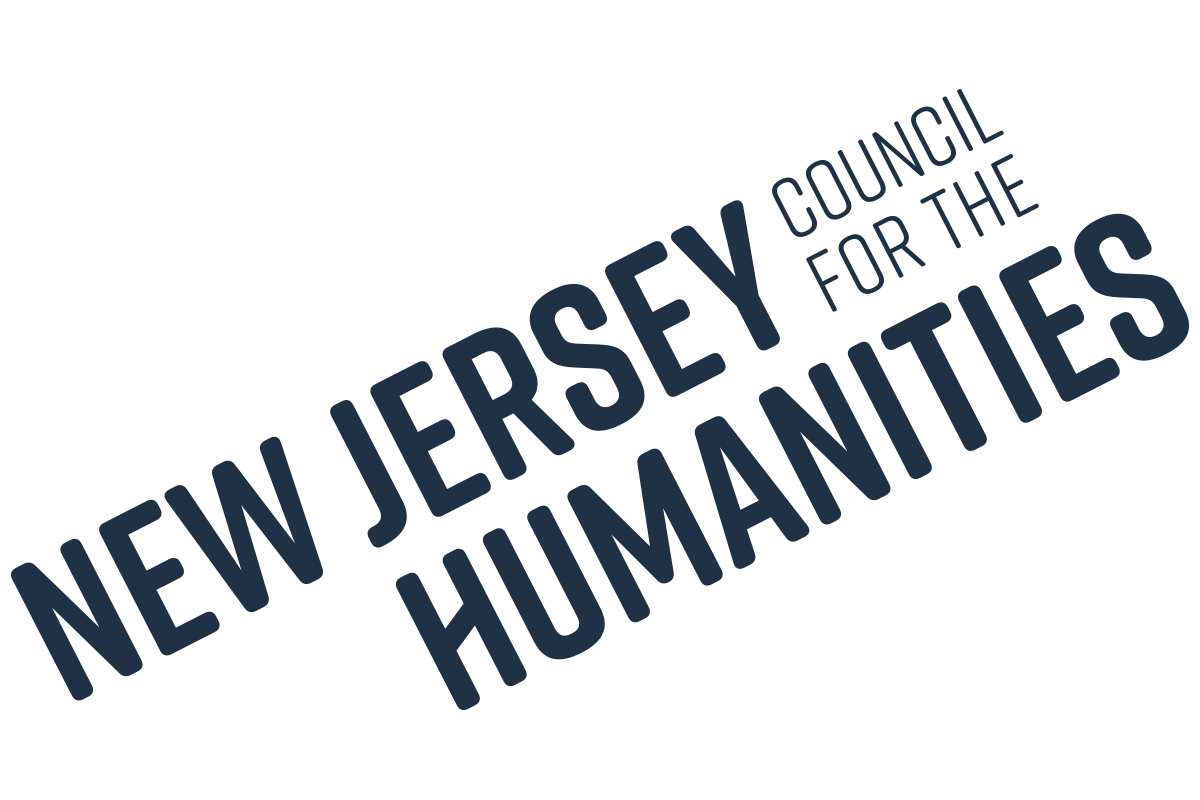
June 03, 2022| Arts & Culture, Education, Events
By: Donna Macalle-Holly
New Jersey has become warmer and wetter in recent decades. Large rainfall events have increased in frequency, often with major impacts on life and property. Increased warmth threatens human health either directly via prolonged episodes of excessive heat or indirectly through such things as harmful algal blooms.
Join us for a Zoom presentation on Wednesday, June 15, at 7 pm, with New Jersey’s State Climatologist Dave Robinson entitled "NJ’s Weather and Climate Extremes…Signs of a Changing Climate?”
During the presentation, Dr. Robinson will address the fundamentals of New Jersey's climate and climate change, as well as extreme events, such as the August 2000 Sparta/Hopatcong deluge, and their possible relationship to the state’s changing climate.
This presentation is part of our Lake Hopatcong Historic Flood of 2000 and Climate Change Program, which includes a three-part speaker series and a virtual photo exhibit.
Dave Robinson is a Distinguished Professor of Geography at Rutgers University and for the past 30 years has been New Jersey’s State Climatologist. He is a frequent speaker on issues pertaining to New Jersey’s weather and climate and is a contributor to the Intergovernmental Panel on Climate Change and to US National Climate Assessments. Dave has been a member of the National Academy of Sciences’ Board on Atmospheric Sciences and Climate, is past president of the American Association of State Climatologists, has received the Lifetime Achievement Award of the American Association of Geographers, and is a Fellow of the American Meteorological Society.
Zoom presentation by New Jersey State Climatologist Dave Robinson
This zoom presentation has concluded. A video of the program is below.

The Lake Hopatcong Historic Flood of 2000 and Climate Change Program was made possible by a grant from the New Jersey Council for the Humanities, a state partner of the National Endowment for the Humanities. Any views, findings, conclusions, or recommendations expressed in this Lake Hopatcong Historic Flood of 2000 and Climate Change Program do not necessarily represent those of the NEH or NJCH.